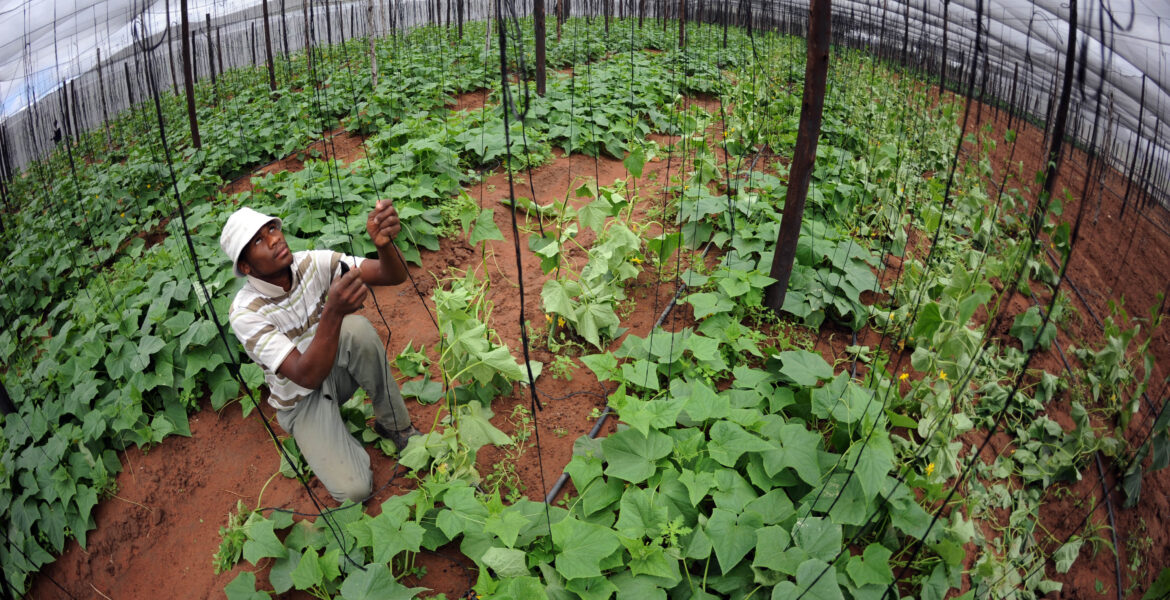- New programme to commence in 2023/24 season
- Temo-Letlotlo to promote commercial farming
SESUPO RANTSIMAKO
The government has decided to replace the embattled Integrated Support Programme for Arable Agricultural Development (ISPAAD) with a new support scheme called Temo-Letlotlo that is intended to improve productivity and promote commercialised arable farming.
President Mokgweetsi Masisi announced the new agricultural scheme on Monday when presenting his State of the Nation Address (SONA) for this year.
“Due to operational challenges, Temo-Letlotlo programme, which is to replace the ISPAAD programme, will now be implemented during the 2023/2024 financial year,” he said.
“To this end, the current ISPAAD programme will continue during the 2022/2023 ploughing season. Temo-Letlotlo is intended to improve productivity and promote commercialised arable farming.”
Masisi identified uneven distribution of ISPAAD resources as one of the reasons to phase out the agricultural support scheme that was introduced in 2008.
Average rainfall
He said although the average rainfall was good for the 2021/22 ploughing season, distribution across the country was uneven, which affected yields.
“In 2021, the total production reduced from 100,000 tonnes to over 66,000, which represents a 34 percent decrease,” the President noted.
“This undermined our ability to meet the national cereal demand, which challenges us to rethink our food production strategies.”
Plans to replace IPAAD with another programme first came to light in 2021 when then agriculture minister Karabo Gare said it was ineffective in improving the country’s crop production.
Gare spoke of the ministry devising a more cost-effective and sustainable arable farming programme to enhance agricultural productivity and output.
“The programme, which will guide arable assistance, is intended to increase yields of selected crops through introduction of output-based encashment, introduction of insurance cover, seasonal guaranteed loans as well as robust promotion of investment in crop production by increasing agricultural commodities in the product space from four to at least 10 products by year 2024,” Gare said.

